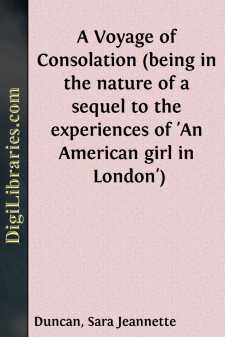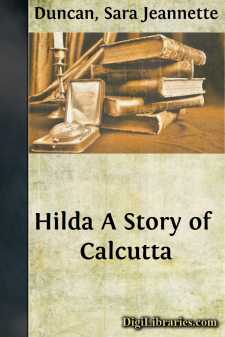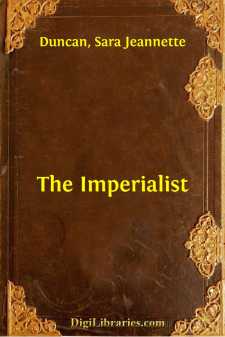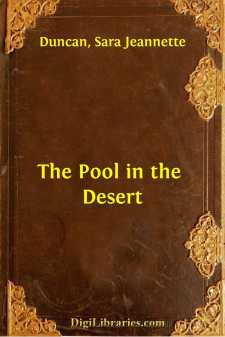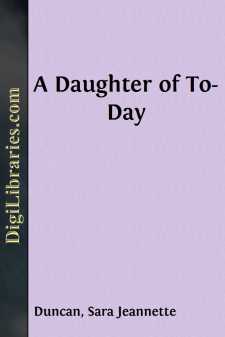Categories
- Antiques & Collectibles 13
- Architecture 36
- Art 48
- Bibles 22
- Biography & Autobiography 816
- Body, Mind & Spirit 145
- Business & Economics 28
- Children's Books 17
- Children's Fiction 14
- Computers 4
- Cooking 94
- Crafts & Hobbies 4
- Drama 346
- Education 58
- Family & Relationships 59
- Fiction 11834
- Foreign Language Study 3
- Games 19
- Gardening 17
- Health & Fitness 34
- History 1378
- House & Home 1
- Humor 147
- Juvenile Fiction 1873
- Juvenile Nonfiction 202
- Language Arts & Disciplines 89
- Law 16
- Literary Collections 686
- Literary Criticism 179
- Mathematics 13
- Medical 41
- Music 40
- Nature 179
- Non-Classifiable 1768
- Performing Arts 7
- Periodicals 1453
- Philosophy 66
- Photography 2
- Poetry 897
- Political Science 203
- Psychology 45
- Reference 154
- Religion 516
- Science 126
- Self-Help 85
- Social Science 82
- Sports & Recreation 34
- Study Aids 3
- Technology & Engineering 59
- Transportation 23
- Travel 463
- True Crime 29
Our website is made possible by displaying online advertisements to our visitors.
Please consider supporting us by disabling your ad blocker.
A Voyage of Consolation (being in the nature of a sequel to the experiences of 'An American girl in London')
Categories:
Description:
Excerpt
It seems inexcusable to remind the public that one has written a book. Poppa says I ought not to feel that way about it—that he might just as well be shy about referring to the baking soda that he himself invented—but I do, and it is with every apology that I mention it. I once had such a good time in England that I printed my experiences, and at the very end of the volume it seemed necessary to admit that I was engaged to Mr. Arthur Greenleaf Page, of Yale College, Connecticut. I remember thinking this was indiscreet at the time, but I felt compelled to bow to the requirements of fiction. I was my own heroine, and I had to be disposed of. There seemed to be no alternative. I did not wish to marry Mr. Mafferton, even for literary purposes, and Peter Corke's suggestion, that I should cast myself overboard in mid-ocean at the mere idea of living anywhere out of England for the future, was autobiographically impossible even if I had felt so inclined. So I committed the indiscretion. In order that the world might be assured that my heroine married and lived happily ever afterwards, I took it prematurely into my confidence regarding my intention. The thing that occurred, as naturally and inevitably as the rain if you leave your umbrella at home, was that within a fortnight after my return to Chicago my engagement to Mr. Page terminated; and the even more painful consequence is that I feel obliged on that account to refer to it again.
Even an American man has his lapses into unreasonableness. Arthur especially encouraged the idea of my going to England on the ground that it would be so formative. He said that to gaze upon the headsman's block in the Tower was in itself a liberal education. As we sat together in the drawing-room—momma and poppa always preferred the sitting-room when Arthur was there—he used to gild all our future with the culture which I should acquire by actual contact with the hoary traditions of Great Britain. He advised me earnestly to disembark at Liverpool in a receptive and appreciative, rather than a critical and antagonistic, state of mind, to endeavour to assimilate all that was worth assimilating over there, remembering that this might give me as much as I wanted to do in the time. I remember he expressed himself rather finely about the only proper attitude for Americans visiting England being that of magnanimity, and about the claims of kinship, only once removed, to our forbearance and affection. He put me on my guard, so to speak, about only one thing, and that was spelling. American spelling, he said, had become national, and attachment to it ranked next to patriotism. Such words as "color," "program," "center," had obsolete English forms which I could only acquire at the sacrifice of my independence, and the surrender of my birthright to make such improvements upon the common language as I thought desirable. And I know that I was at some inconvenience to mention "color," "program," and "center," in several of my letters just to assure Mr. Page that my orthography was not in the least likely to be undermined.
Indeed, I took his advice at every point. I hope I do not presume in asking you to remember that I did. I know I was receptive, even to penny buns, and sometimes simply wild with appreciation. I found it as easy as possible to subdue the critical spirit, even in connection with things which I should never care to approve of. I shook hands with Lord Mafferton without the slightest personal indignation with him for being a peer, and remember thinking that if he had been a duke I should have had just the same charity for him. Indeed, I was sorry, and am still sorry, that during the four months I spent in England I didn't meet a single duke. This is less surprising than it looks, as they are known to be very scarce, and at least a quarter of a million Americans visit Great Britain every year; but I should like to have known one or two. As it was, four or five knights—knights are very thick—one baronet, Lord Mafferton, one marquis—but we had no conversation—one colonel of militia, one Lord Mayor, and a Horse Guard, rank unknown, comprise my acquaintance with the aristocracy. A duke or so would have completed the set. And the magnanimity which I would so willingly have stretched to include a duke spread itself over other British institutions as amply as Arthur could have wished. When I saw things in Hyde Park on Sunday that I was compelled to find excuses for, I thought of the tyrant's iron heel; and when I was obliged to overlook the superiorities of the titled great, I reflected upon the difficulty of walking in iron heels without inconveniencing a prostrate population....


